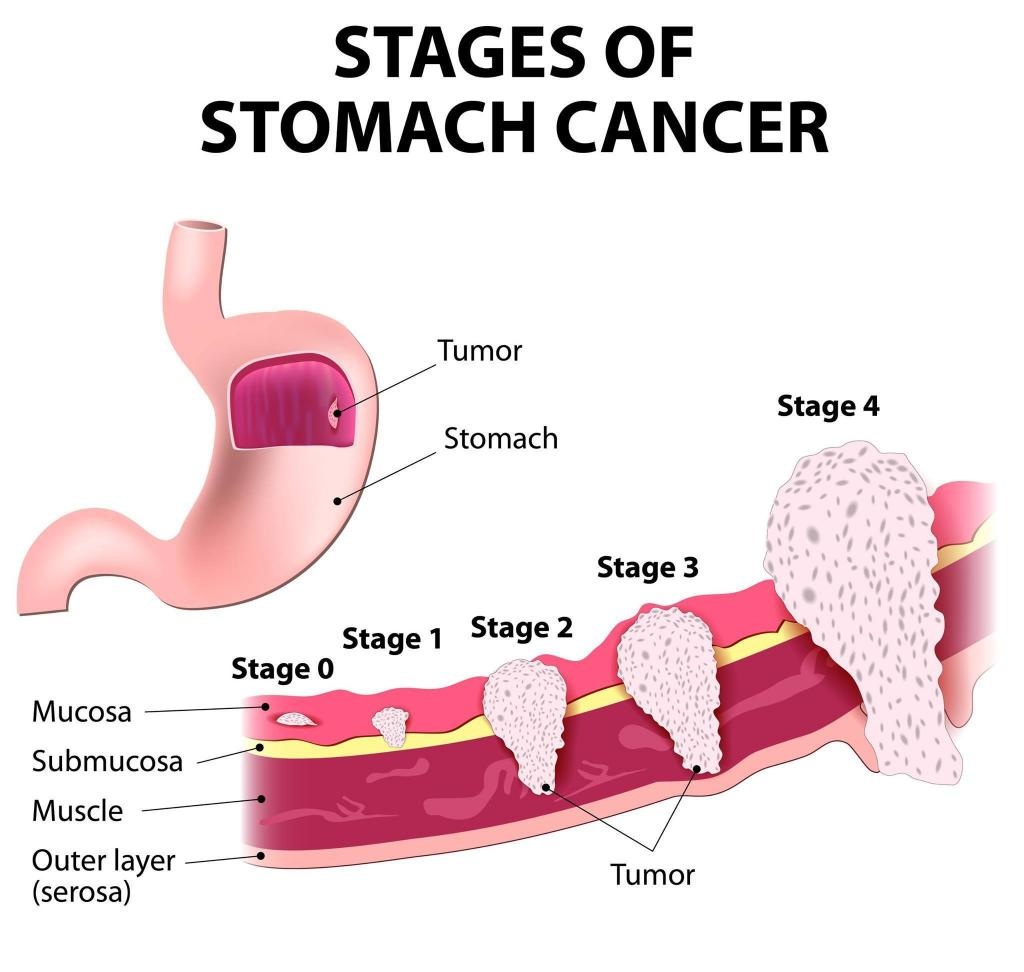
Novel biomarkers for gastric cancer progression
What is in news?
- With stomach cancer figuring as the third leading cause of cancer deaths worldwide, researchers from University of Delhi and National Institute of Cancer Prevention and Research, Noida have identified two proteins — survivin and STAT3 — that can be potential markers of the disease.
- According to them, these proteins could also be suitable therapeutic targets in preventing gastric cancer progression.
Stages of stomach cancer

Details
- From 2007-2012, in all 156 gastric samples were collected from a hospital in Allahabad and studied. Of these, 30 were precancerous tissues, 65 were in the advanced stage of stomach cancer (adenocarcinomas) and the rest were normal healthy tissues.
- Protein expression studies revealed that survivin and STAT3 were produced in abundance (overexpressed) during gastric tumour progression.
- Survivin plays a dual role. Normally, it is in the nucleus and is associated with cell proliferation, whereas in advanced tumours it has been observed in cytoplasm and mitochondria, which is linked to chemoresistance.
- This means that in patients, when it is overexpressed in cytoplasm, it can inhibit cell death.
- Therefore, the protein can help cancer cells to survive in harsh toxic conditions and to withstand chemoradiation, causing the patient to not respond or poorly respond to chemotherapy.
Genetic analysis
- The researchers also looked at the presence of key pathogenicity inducing gene cagA of Helicobacter pylori and identified strong correlation between presence of the gene and increased expression of survivin and STAT3.
- Lifestyle habits like smoking and alcohol consumption were also found to be the causes for increase in the expression of these proteins.
- But when these habits came together along with H. pylori infection, the expression of survivin was characteristically very high.
- These molecular markers can be present even when the lesion is small and have larger implications as they point to future progress of the disease.
- It is a very simple, easy test to detect the level of these molecular markers. Detection of cagA gene is done by standard PCR and the immunohistological analysis for the proteins could be performed in a lab and does not require sophisticated infrastructure.
- The reagents required are also generic and not expensive, and the analysis can be done by any expert pathologist.
Currently there is no specific clinically-available method to study gastric cancer progression. Further standardisation is needed to translate it into clinical reality.
Source
The Hindu

